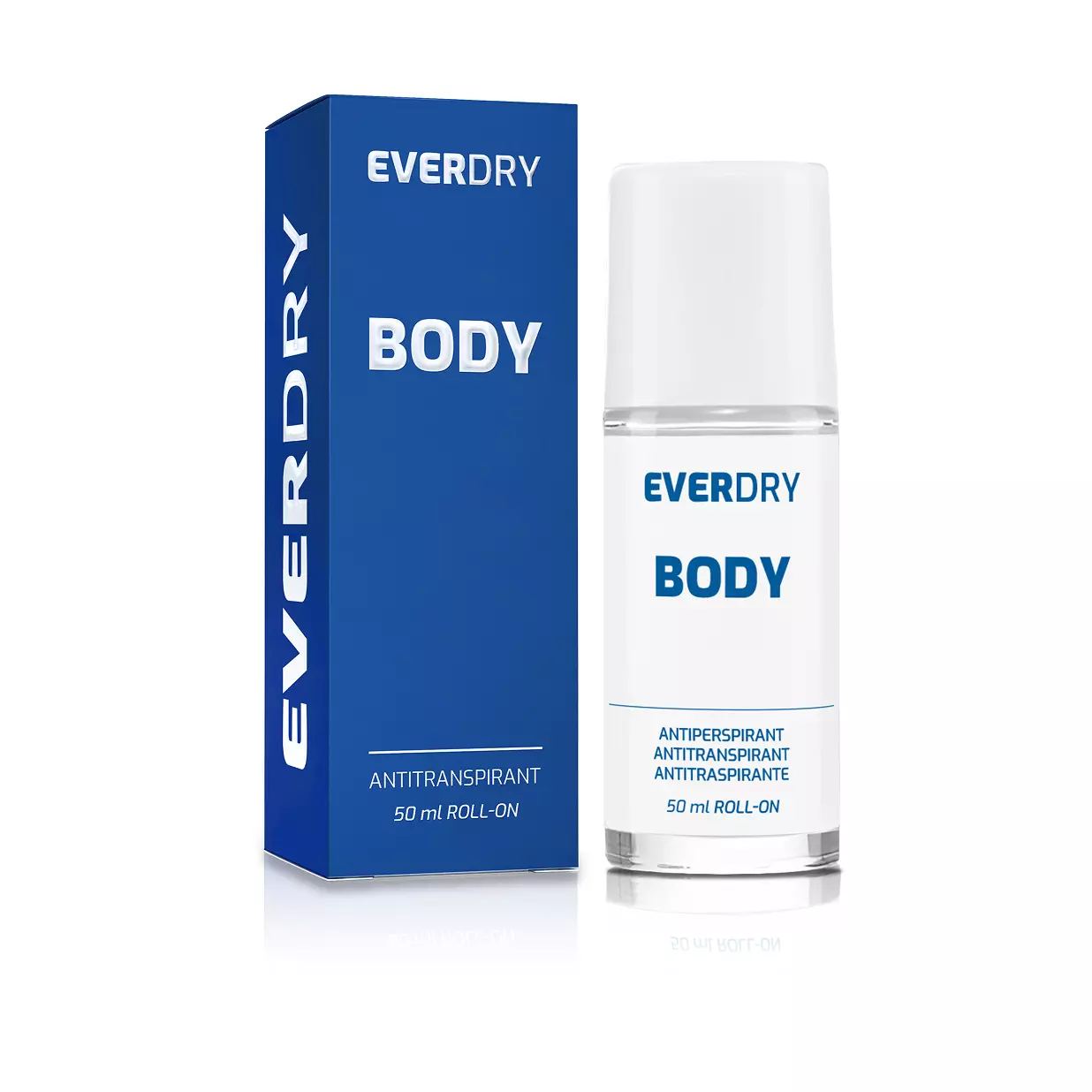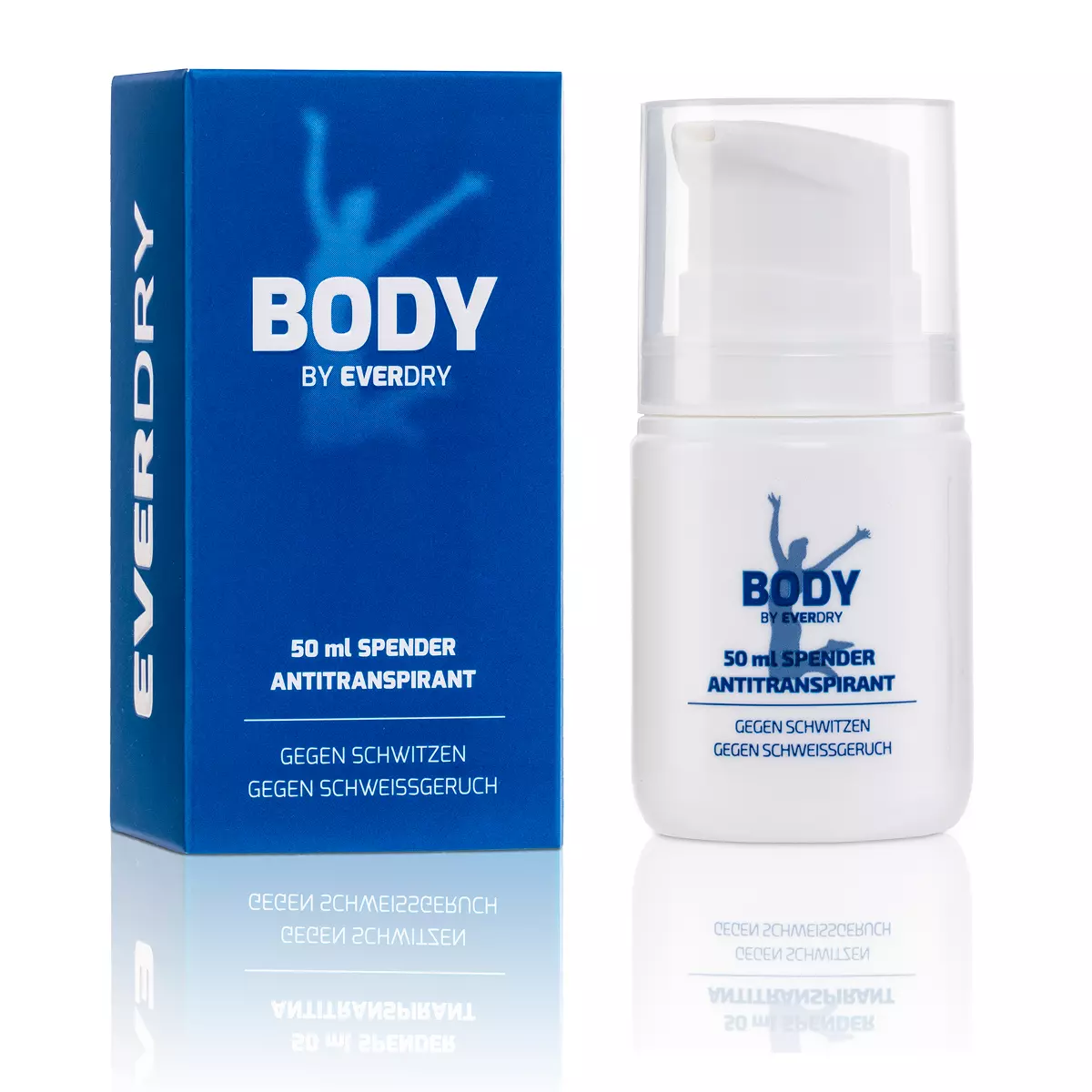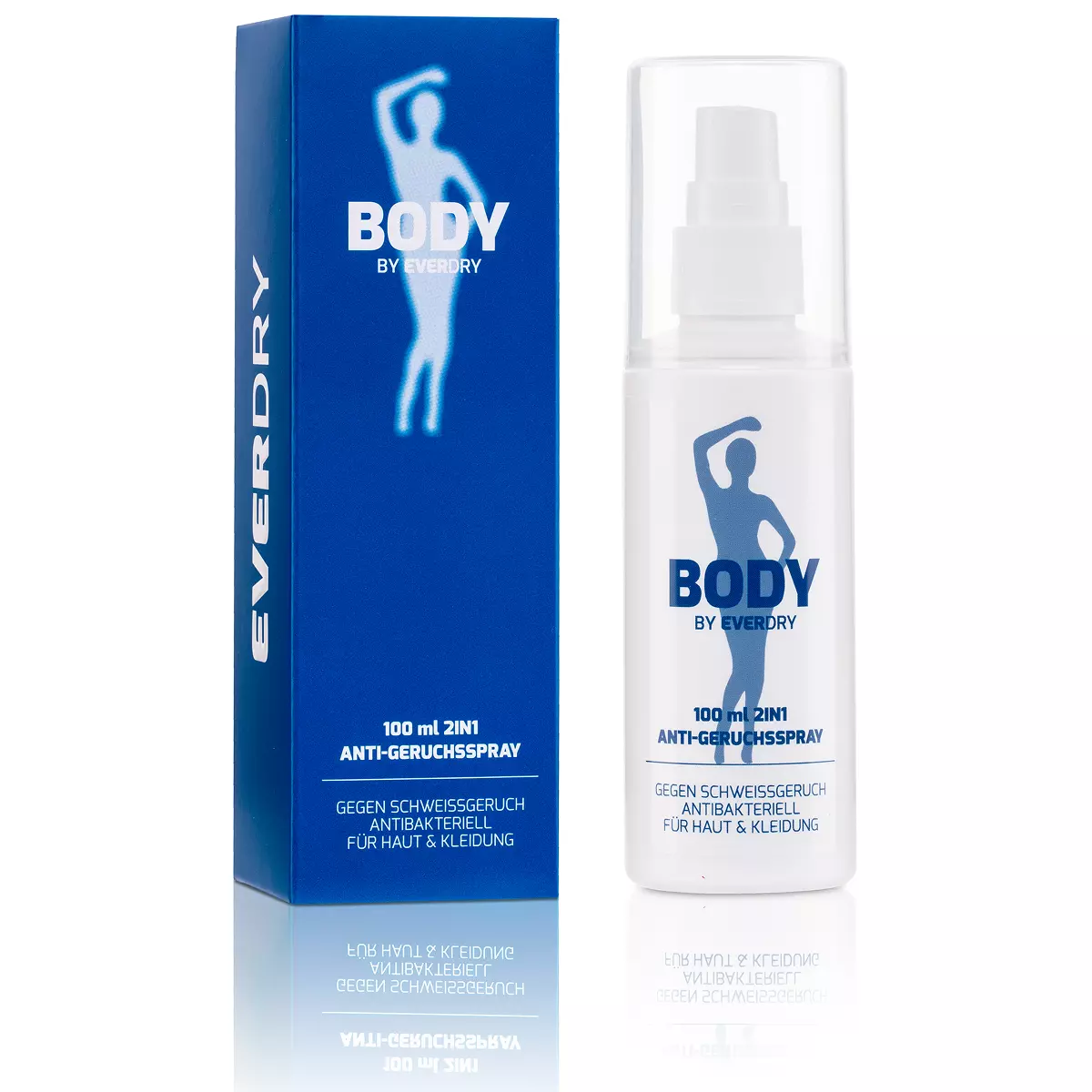- Antiperspirants
- Shirts, Socks, Pads
- Iontophoresis
- Anti-odour
- All Products
-
Guide
- Interesting facts about sweating
- Tips and tricks
-
The most common sweating triggers
- Sweating during exercise
- Carnival time without sweat
- Celebrate your wedding without sweat
- Sweating due to excess weight
- Sweat-free Easter
- Sweating in everyday life
- Sweating at work
- Sweating during menopause
- Sweating at night
- Sweating during pregnancy
- Sweating and odor in old age
- Sweating and stress
- Sweating while driving
- Sweating helps with fasting
- Sweating in spring
- Sweating in winter
- Off on holiday without sweating
- Sweating from head to toe
- PETA Certified
In a Nutshell: Key Points
What Can You Do About Heavy Sweating at Night?
This text deals with the topic of night sweats and their potential causes.
It explains that a certain amount of night-time sweating is normal; however, excessive sweating during the night can be down to various factors.
Possible Causes:
Environmental factors, Hormonal changes, Infections and inflammations, Medications, Illnesses, Psychological factors, Hyperhidrosis, or simply too much booze.
Night Sweats Are More Common Than You Think, Mate.
Waking up knackered and feeling drained the next day is often down to getting the night sweats. But what's causing you to sweat buckets while you're trying to kip?
Even when you're catching some z's, your body sweats, and losing up to half a litre of fluid a night is perfectly normal. However, if the night sweats are getting beyond a joke, you really should try and get to the bottom of what's going on. It's important for your body to properly switch off at night, process the day's events, and recharge its batteries. Sweating unnecessarily puts extra strain on your body overnight, meaning it can't properly focus on its main nocturnal tasks.
Causes & What to Do About Night Sweats
- Dodgy Sleeping Conditions
More often than not, something completely harmless is to blame for a sweaty night. If your pyjamas are too toasty or the bedroom's like a sauna while you're asleep, your body will automatically try to cool down by producing more sweat.
What to do: Simply try sorting out the external factors. The recommended sleeping temperature is somewhere between 15 and 18 degrees Celsius. Mind you, everyone needs to find what's right for them. Give your bedroom a good airing just before you hit the hay to get it to a comfortable temperature.
When it comes to nightwear, go for breathable and moisture-wicking materials. For nighttime, base layer tops with built-in underarm protection or clothes made from Thermocool yarn (for optimal temperature regulation: keeps you warm when it's chilly and cool when it's warm) are also a good shout.
On top of that, use a lighter duvet made from natural fibres and maybe try a super absorbent, antibacterial, and breathable mattress protector.
- The Change (Menopause) and Hormone Changes
For women, the menopause can often be the culprit behind hot flushes. These night sweats during this time are down to the body's hormonal changes.
But teenagers going through puberty can also suffer from night sweats due to hormonal imbalances. A malfunctioning adrenal gland could be a possible cause here.
- Inflammations & Infections
If you're suffering from an infection or have inflammation in your body, heavy sweating and sudden hot flushes are almost always a symptom. In this case, your body's internal defence system (often the white blood cells) is fighting off the invaders (e.g., bacteria or viruses) so that your body can get back into balance. This is like high-performance sport for your body and therefore uses a lot of energy, which is released as heat.
What to do: Please see a doctor who can examine you, diagnose the illness, and prescribe the right treatment so you can get better quickly!
- Other Illnesses
Specific illnesses like autoimmune diseases, cancers, or even neurological conditions often go hand-in-hand with heavy night sweats.
What to do: In these cases, night sweats can be a side effect of prescription medications. It's best to have a chat with your doctor to see if you can try other medications.
- Hyperhidrosis
Idiopathic (primary) hyperhidrosis, which is an abnormally increased sweat production without an obvious reason or another underlying illness, is also a possibility. This condition is considered chronic, even though no causes are known other than a genetic predisposition or family history.Night sweats in the medical sense are therefore diagnosed if you consistently sweat excessively in your sleep over a longer period. Doctors refer to night sweats as nocturnal hyperhidrosis.
What to do: In this case, we recommend that you see your doctor and discuss the problem with them. They will then prescribe the right course of action and treatment.
Often, simply changing your lifestyle and sleeping habits can help reduce night-time sweat production. Additionally, you can use a medical antiperspirant. The SweatStop® IXAL Roll-On is a medical device and normalises hyperhidrosis under the arms.
Another physical treatment option is tap water iontophoresis. With this type of application, the area of skin to be treated is exposed to direct current. The nerves are subjected to weak electrical impulses. This has been proven to calm the nerves in the treated area, which results in reduced sweat production.
- Stress Management
Stress and worries rarely stay outside the bedroom door and can easily rob you of sleep. Because sweat production is controlled by the autonomic nervous system, the increased release of stress hormones also leads to increased sweating at night.
What to do: Try to relax before bed and leave the day's stresses behind with relaxation exercises, a good book, or calming music. Or how about a cup of sage tea? This herb has antibacterial and sweat-inhibiting properties and can therefore help prevent night sweats.
What Should You Do If Your Night Sweats Don't Bugger Off?
So, sweating a bit at night is perfectly normal up to a point. Even a restless night with a nightmare can leave you waking up in a right state. However, if you're plagued by night sweats for a longer period, you should get a GP or dermatologist to properly investigate the cause.
If your night sweats are down to a specific illness or a medication side effect, you can work with your doctor to get to the bottom of the cause or possibly even switch to a different medication. If your sweating problems are more psychological, psychotherapeutic treatment offers the best support. Often, even small lifestyle changes can help. With enough exercise and sport, a healthy diet, and a good work-life balance, you'll have all the factors that can additionally influence your sweat production in check.
Look after yourself and don't let night sweats disrupt your rest. Take the necessary steps to improve your sleep quality and start the day feeling refreshed and ready to go.
First published: 12.05.2011
Updated: 27.05.2025

Content: 0.05 Liter (€398.00 / 1 Liter)

Content: 0.05 Liter (€398.00 / 1 Liter)



